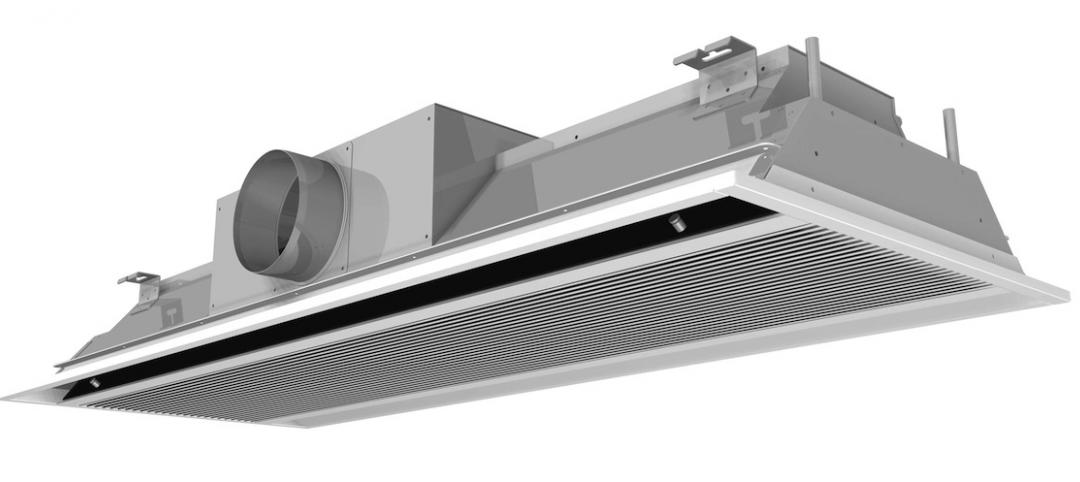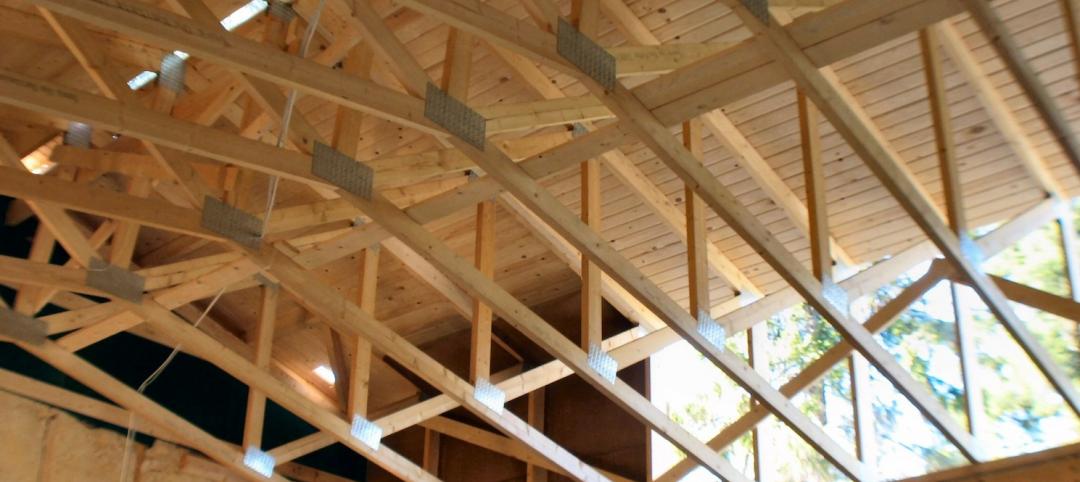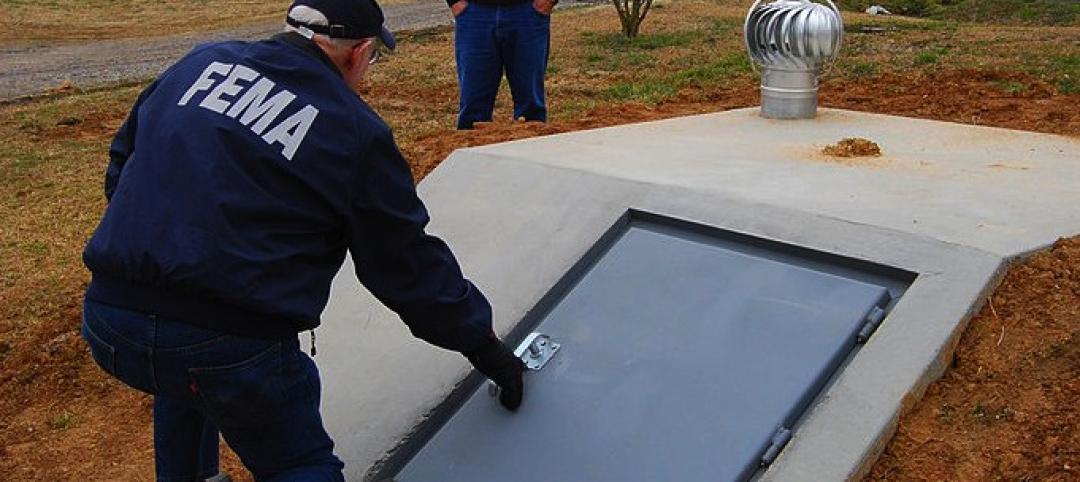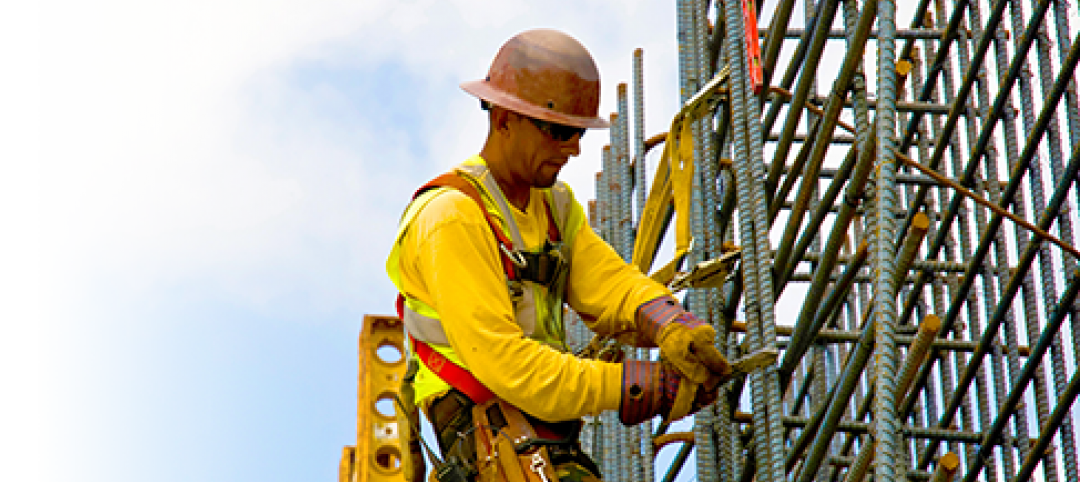ASHRAE has released a new standard that defines the terms "zero Energy" and "zero carbon" to describe buildings.
ANSI/ASHRAE Standard 228-2023, Standard Method of Evaluating Zero Net Energy and Zero Net Carbon Building Performance, sets requirements for evaluating whether a building or group of buildings meets a definition of “zero net energy” or a definition of “zero net carbon” during operation. The standard draws from other ASHRAE standards to address energy and carbon flows across a site boundary, their measurement, and their balance.
“Achieving a zero energy building has been viewed by many as a difficult goal to meet, with unforeseeable roadblocks and differing guidance,” said Keith Emerson, P.E., Life Member ASHRAE, chair of the Standards Project Committee 228. Standard 228 provides a consistent method for determining whether new and existing sites have reached zero energy. We hope this standard will become a helpful resource for building professionals in strategic decarbonization planning.”
Features of Standard 228 include:
- Allowances for sites that lack the means to produce adequate renewable energy, while placing additional requirements on the use of external carbon and renewable energy in the calculation.
- Defined calculation of energy in terms of source—a multiplier on the energy crossing the site boundary including energy used or lost in extraction, generation, and transit to the site.
- The main energy calculation made in terms of annual average factors. Allowance is made for the calculation of individual hours where data is available.
Related Stories
HVAC | Feb 6, 2015
ASHRAE, REHVA publish guide to chilled beam systems
The guide provides tools and advice for designing, commissioning, and operating chilled-beam systems.
Codes and Standards | Feb 2, 2015
AGC working with EPA on website to help with environmental rule compliance
The goal is for the site to be improved to make it easier for construction contractors to learn how to comply with federal and state environmental guidelines.
| Feb 2, 2015
New York law requires informing firefighters of wood truss construction
New York enacted a law that could make firefighting a bit safer by mandating property owners inform government and first-responders when they build or rehabilitate a building using "truss-type" pre-engineered wood or timber.
| Jan 14, 2015
Ontario code changes boost accessibility for people with disabilities
The new amended Ontario building code includes several provisions that improve accessibility for those with disabilities.
| Jan 14, 2015
American Concrete Institute releases Spanish edition of structural concrete code
New York City last year adopted the National Institute of Standards and Technology (NIST) recommendation to require additional exit stairways in high-rise buildings.
| Jan 14, 2015
Terrorism Risk Insurance Act renewed
President Barack Obama signed the Terrorism Risk Insurance Act law on Jan. 12.
| Jan 9, 2015
Academy of Art in San Francisco under fire for code violations
The fast-growing Academy of Art is under intense scrutiny by the City of San Francisco for code violations.
| Jan 9, 2015
New law mandates storm shelters in Illinois schools
An Illinois law took effect on Jan. 1 that requires all new and remodeled schools to have storm shelters.
| Jan 9, 2015
New OSHA regulations on reporting workplace deaths, hospitalizations take effect
As of Jan. 1, all employers under the jurisdiction of OSHA are required to report all work-related fatalities within eight hours and all in-patient hospitalizations, amputations, and losses of an eye within 24 hours.
| Jan 9, 2015
Zoning policy makes Bethesda, Md., a model walkable suburb
In sharp contrast to most suburban communities in the Washington, D.C. area, Bethesda, Md., stands out as a fine exemplar of the new urbanism ethos.













